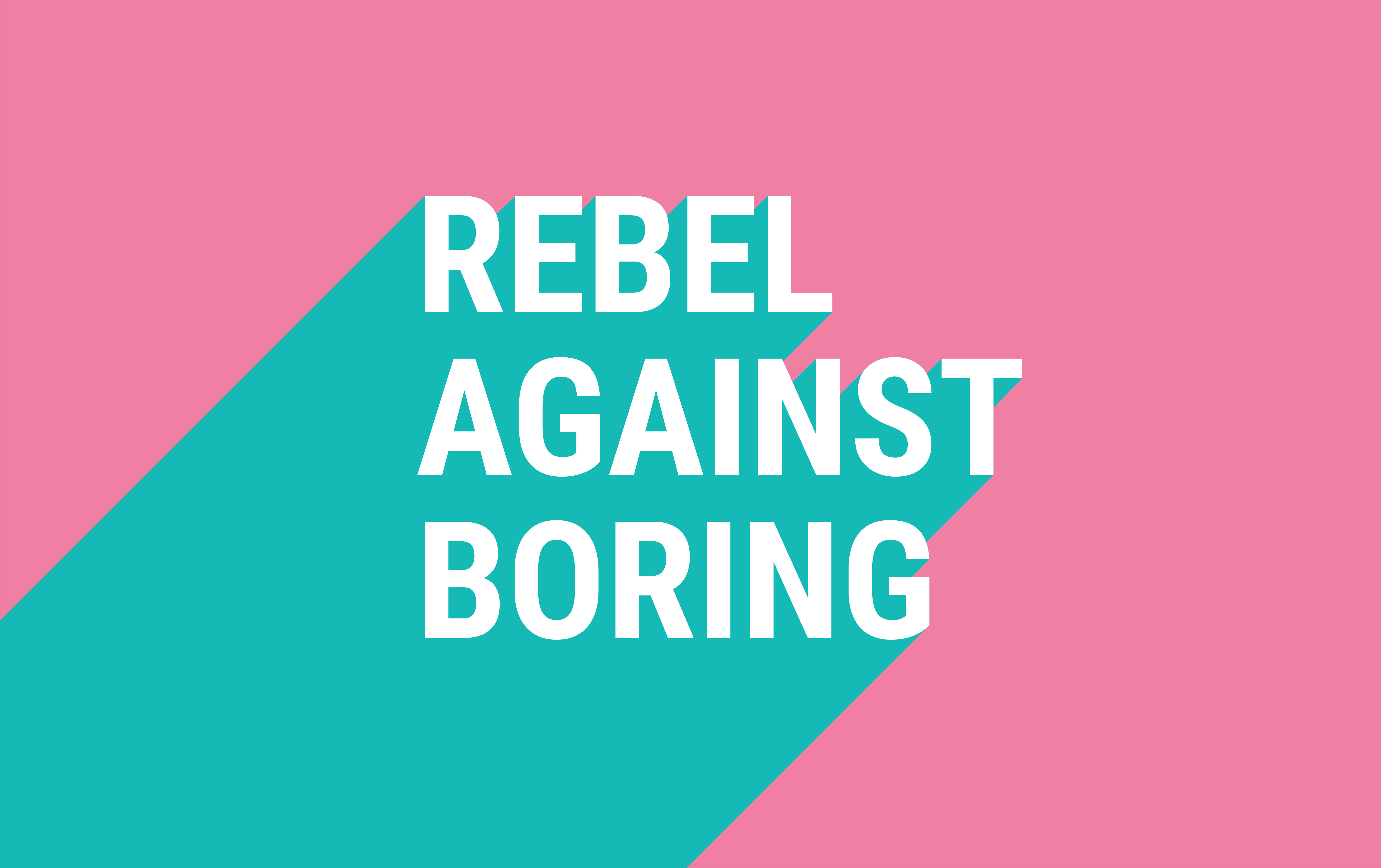

Wonderland Communications

City of Bristol, United Kingdom
November 2023
Advertising & market research
Service with Minor Environmental Footprint
Denmark,
Finland,
France,
Germany,
Iceland,
Ireland,
Norway,
Poland,
Sweden,
United Kingdom
Earned media. PR. Creative comms. Call it what you like, that’s what we do. Since day one we’ve been on a mission to build a different kind of earned-media-PR-creative-comms agency. One that puts people and the planet before profit. One that believes in doing the right thing, every time. One that actively invests in our community and supports causes we believe in – whether that’s helping our clients make a difference through purpose driven campaigns, managing media for Greta Thunberg and the Bristol Youth Strike 4 Climate, or providing pro bono support for The MAZI Project, who work hard to empower marginalised youth in Bristol. We’re straight talking. Collaborative. Problem solving. We get shit done and have a whole lot of fun doing it. Our values are what we live (and work) by every day, driving and guiding us to make the right decisions – kind, inclusive, unexpected, and curious. That’s the Wonderland way.
Overall B Impact Score
Governance 20.8
Governance evaluates a company's overall mission, engagement around its social/environmental impact, ethics, and transparency. This section also evaluates the ability of a company to protect their mission and formally consider stakeholders in decision making through their corporate structure (e.g. benefit corporation) or corporate governing documents.
What is this? A company with an Impact Business Model is intentionally designed to create a specific positive outcome for one of its stakeholders - such as workers, community, environment, or customers.
Workers 37.5
Workers evaluates a company’s contributions to its employees’ financial security, health & safety, wellness, career development, and engagement & satisfaction. In addition, this section recognizes business models designed to benefit workers, such as companies that are at least 40% owned by non-executive employees and those that have workforce development programs to support individuals with barriers to employment.
Community 33.4
Community evaluates a company’s engagement with and impact on the communities in which it operates, hires from, and sources from. Topics include diversity, equity & inclusion, economic impact, civic engagement, charitable giving, and supply chain management. In addition, this section recognizes business models that are designed to address specific community-oriented problems, such as poverty alleviation through fair trade sourcing or distribution via microenterprises, producer cooperative models, locally focused economic development, and formal charitable giving commitments.
What is this? A company with an Impact Business Model is intentionally designed to create a specific positive outcome for one of its stakeholders - such as workers, community, environment, or customers.
Environment 9.1
Environment evaluates a company’s overall environmental management practices as well as its impact on the air, climate, water, land, and biodiversity. This includes the direct impact of a company’s operations and, when applicable its supply chain and distribution channels. This section also recognizes companies with environmentally innovative production processes and those that sell products or services that have a positive environmental impact. Some examples might include products and services that create renewable energy, reduce consumption or waste, conserve land or wildlife, provide less toxic alternatives to the market, or educate people about environmental problems.
Customers 3.2
Customers evaluates a company’s stewardship of its customers through the quality of its products and services, ethical marketing, data privacy and security, and feedback channels. In addition, this section recognizes products or services that are designed to address a particular social problem for or through its customers, such as health or educational products, arts & media products, serving underserved customers/clients, and services that improve the social impact of other businesses or organizations.